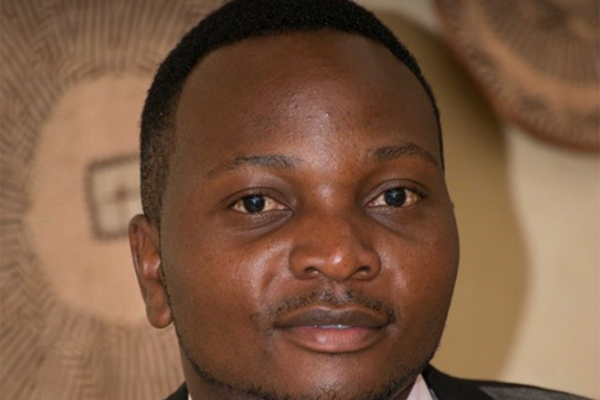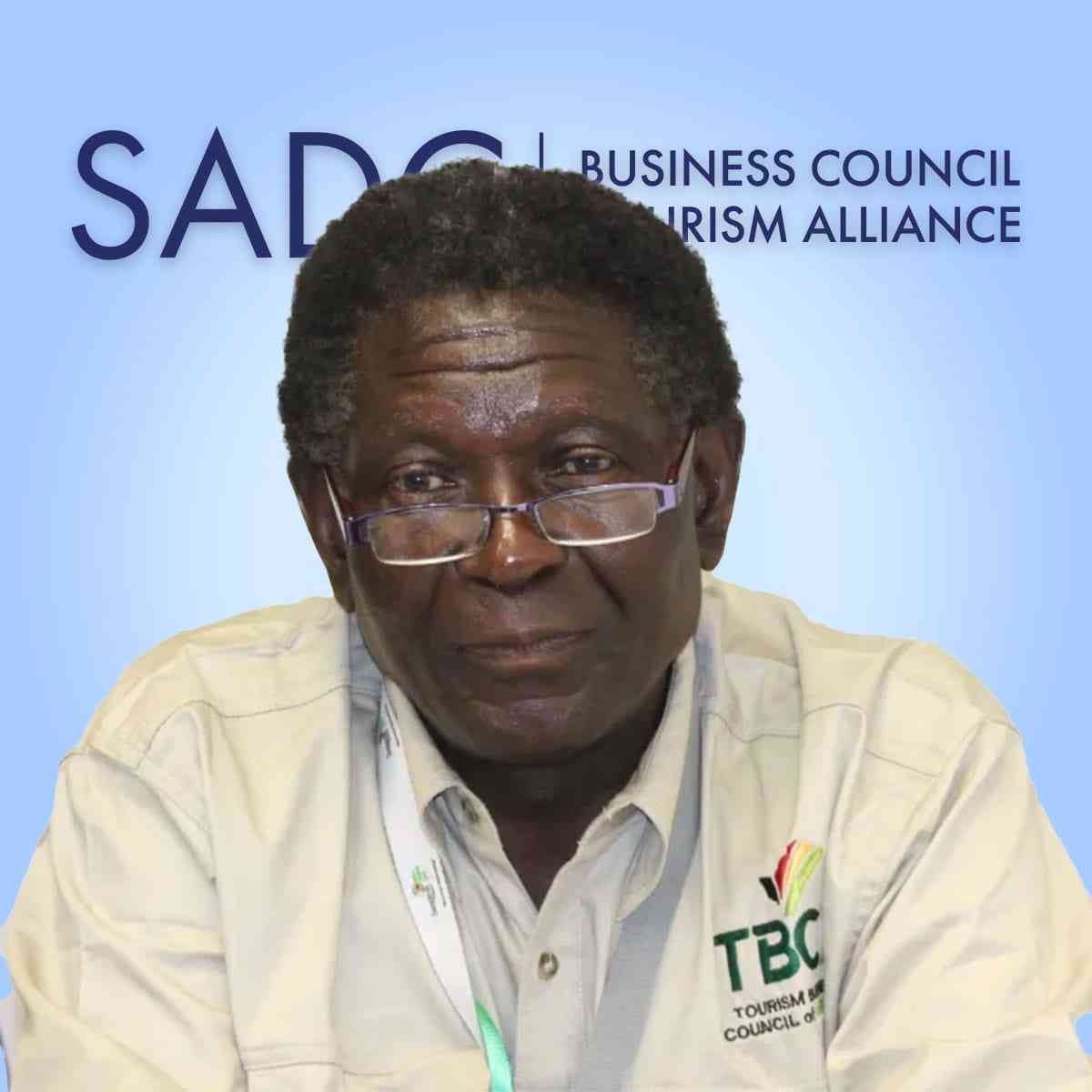
flyafrica has been entangled in shareholders’ squabbles, prompting it to surrender its operating licence to the government in 2015. Since last year, the airline has been making empty promises to service its routes, but has failed to do so and has once again set sight to fly on April 15. Our business reporter Fidelity Mhlanga (ND) caught up with flyafrica executive chairman Cassidy Mugwagwa (CM) to understand the sources of the problems. Below are excerpts of the interview.
By FIdelity Mhlanga
ND: When will you resume flights?
CM: This coming week from April 15, that is next week and going forward.
ND: You have promised the market several times and failed to take off. What were the reasons?
CM: We have not failed, but regulatory authorities have always held us back in terms of co-ordination between our regulators, the International Air Transport Association, Civil Aviation of South Africa, airports and the South African Civil Aviation Authority.
Look, we inherited an airline in bad shape and as we would prepare to launch, things would come up that we had to address, but have confidence that we have overcome these issues and we will go forward.
ND: May you go into detail about the regulatory hurdles that have been impeding you from flying?
- Chamisa under fire over US$120K donation
- Mavhunga puts DeMbare into Chibuku quarterfinals
- Pension funds bet on Cabora Bassa oilfields
- Councils defy govt fire tender directive
Keep Reading
CM: The previous foreign owners of flyafrica went under liquidation. Some of the debts were left to us. So, when we took over the airline and we were about to cross over, we would meet these legacy debts.
With everything now brought to the fore and with the help of Reserve Bank of Zimbabwe, Stanbic Bank and CBZ Bank, we have been able to overcome. We have been able to negotiate and reset the tone to get going.
ND: How much have you invested so far into the business?
CM: When we last spoke, we were at $7,2 million in terms of shareholder loans that had been loaned out to the company.
ND: Will you be able to meet the flight schedules?
CM: We are guided by the regulators and the capacities at the airport. When you apply for frequency, sometimes the regulator advises you that this is what you have to do. So, we have to satisfy that and comply.
ND: So are you saying the current frequency came from the regulator?

CM: We came into existence; from a previous operation which was doing those frequencies. So in order to comply, we must take over those frequencies.
ND: There were passengers who were angry that they once booked flights, and were not reimbursed by you?
CM: Look, we have legacy issues. We had legacy issues, but I think as of a couple of weeks ago, there was no one who was holding a ticket who contacted us and has not been addressed.
There have been one or two hiccups for people holding tickets from two years ago. We were saying that you can either have a refund or fly.
Some others would choose to fly, but you cannot pitch on the same date and say I am holding a ticket from two years ago and I want to fly. You have to book in advance and make sure that you can fly.
ND: So, in terms of legacy issues, how much have you been battling with?
CM: We have been battling with an inherent debt of about $7,8 million. Then across South Africa, it was standing at about R16,1 million. So we have renegotiated our aircraft leases and paid some deposits.
ND: So, how far have you gone in clearing the debt?
CM: We have cleared three quarters of the debt and the balance, obviously, we sat and rescheduled the debt over the coming months while we operate, so as to give the company life and give it a chance to exist.
ND: So, apart from flying to South Africa, where else are planning to fly?
CM: Wherever there is bilateral agreement that exists, we would want to go there. So Rwanda, Ethiopia, Kenya, Dubai, wherever we are allowed to go.
The airline industry is a reciprocal industry, if governments open up for airlines from Dubai, they would have open up for us to fly in there. If Zimbabwe opens up for Kenya, we will fly there again. So it’s a reciprocal bilateral issue.
ND: With the coming in of Zimbabwe Airways, don’t you feel threatened?
CM:No, it’s actually good for us. It’s not competition but, complementary. They will bring international passengers here and we will fly them to different destinations in the region. So this is good for us.











